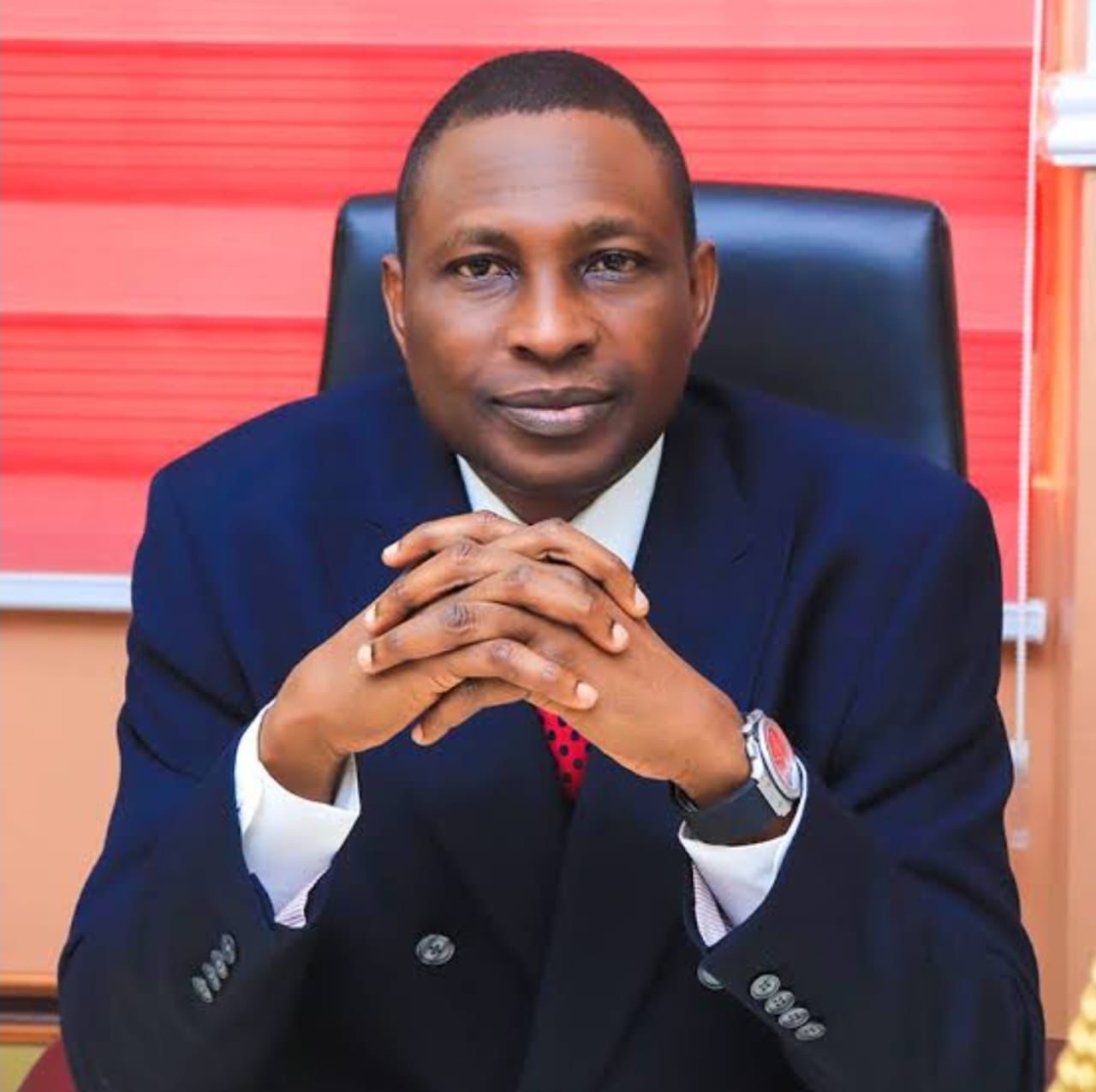Dr Ngozi Okonjo-Iweala, one of the most accomplished Nigerian women, served two presidents – Olusegun Obasanjo and Dr Goodluck Jonathan – as minister of finance. In that position, she necessarily jumped into the ring to take on corruption. She fought corruption and corruption fought back. She has scars to show for her battle with the famous cankerworm. She summed up her experience as an apt title for her 2018 book, Fighting Corruption is Dangerous.
We always knew that fighting corruption cannot be a pleasant experience, given the ramifications of corruption. Corruption is an entrenched system in every society. It arises from greed and the acquisitive tendency that runs in the veins of all human beings. Although we narrowly define corruption in terms of theft of public funds, it is much larger and more complex than that. It encompasses abuse of power and illegal use of same to benefit oneself, families and friends and punish or deny others their rights under the law.
The complexities of corruption, the societal ambivalence towards its extirpation and the capacity of corruption to corrupt the commanders and the foot soldiers of the anti-graft war, must bear part of the blame for its resilience. You cannot stop men and women from cheating and cutting corners in order to make it and riser higher in the society. To dislodge corruption is to step on toes, large and small; it is to go against entrenched interests, big and small. The entrenched system and the interests will rise up to any challenges that face them. That is why fighting corruption, as Okonjo-Iweala found out, is dangerous.
It may not rank as a world wonder, but that corruption thrives in Nigeria, the second most religious country in the world, after India, must also be part wonder and part of the mystique of corruption. But let us be clear about this: what the Christian deity expressly forbids in the Ten Commandments is stealing. Corruption is what stealing does to the morals of men and women who steal. Yet despite the order by the monotheistic deities, men and women who steal and steal big, accumulate fortunes and wealth, and live the life of luxury to the hilt. I find it baffling. I would think that such transgressors would burn in bonfire here and now and not in hell fire in the hereafter.
Fighting corruption is serious business but like all businesses, it could also be comedic, drawing in a cast of funny characters – juju men, for instance. Juju does not forbid stealing or corruption. Criminals receive the blessings of the juju priests in their shrines before they go out to steal, rob, kidnap, and kill. A successful criminal makes appropriate returns to the juju priest. Those who steal government funds also receive the protection of the juju priests to avoid detection.
I have no evidence that this was the case, but it seems to me that the snake that swallowed millions of Naira from the safe of a federal government agency in Makurdi, Benue State, was most probably a human being transformed by a juju priest to escape detection. We have unknown soldiers, unknown gunmen and unknown thieves and now an unknown snake. This should give you some idea of what genuine anti-corruption warrior faces. Had the snake been found it would not have been of much help because its kind was forbidden to speak since their ancestor, the serpent, caused the fall of Adam and Eve in the Garden of Eden.
Last week, the chairman of EFCC, Ola Olukoyede, told the nation what was shocking but hardly surprising. He said his commission had found a religious sect laundering money for terrorists. The commission also traced what cub reporters like to describe as a whopping sum of N7 billion being proceeds of a fraud to another religious organisation.
We would be untrue to ourselves if we deny that we have not always suspected religious organisations of being complicit in corruption and terrorism in the land. Cases of employees stealing from their employers to help religious causes are legion. If the EFCC looks hard enough it cannot miss the trail of money from public coffers to religious organisation. In return, the religious organisations are obliged to protect their benefactors from being detected and are thus safe from facing the law.
Those who steal public funds are usually desperate to find safe havens for their loot. We had an instance of a former group managing director of NNPC, hiding his loot in what he believed was undetectable. We had the instance of a former service chief hiding his loot in a drainage pipe. A religious body is unarguably a safe place to hide stolen money or to launder it. A thief who enlists the support of a deity more powerful and, therefore, more protective than amadioha, should have good reasons to believe it is safe where termites and moths cannot enter.
We may find it morally offensive for a religious organisation to shield thieves and their loot and keep the long hands of the law from reaching them. We expect them to blow the whistle on them. I suppose this was what the EFCC chairman expected the religious organisations caught in the act to do, consistent with their avowal to turn millions from the highways of sin and the destruction of their souls on to the narrow path that leads to salvation and the celestial city in the hereafter. But that is actually naïve. We must grant thieves and their protectors a measure of honour among themselves. Yes, fighting corruption is frustrating too.
Whine as we may, religious organisations are human organisations catering to human needs of survival, competition with, and the domination, of other rival religious organisations. Wealth plays a large part in proselytization. A religious organisation that trusts its power of persuasion to recruit adherents is clearly in no position to advance its cause. In the manipulation of religions to serve some vested political, economic, and social interests, there is a free admission to thieves who loot the treasury and launder their money in a manner that benefits them and their religious organisations.
Religious organisations are safe havens for all manner of crimes. It is instinctive for all animals to seek and dwell in safe havens. As it is here, so it is in other lands. You do not touch the anointed of the deity, unless, you have a suicidal wish. Religious organisations occupy a unique status in all societies. They do not pay tax; therefore the tax man keeps away from them; they owe no one an explanation for their wealth and the opulence of their leaders; and since they are supposedly in the service of an almighty deity who by definition is an enemy of evil men and women, no government is foolish enough and no anti-graft general is stupid enough to ascribe corruption to religious organisations; even if we openly and incontrovertibly see how the leaders fleece their followers.
We learn to see no evil, let alone speak evil about religious organisations for the fear that in seeing evil and speaking evil, we pile firewood for our souls in the hereafter. It is a risk no one wishes to take. The religious organisations are not stupendously rich because they are corrupt or because they launder dirty money from dirty men and women but because their deities never fail to return miraculous favours to them that proclaim his goodness. If the chairman had his way, he would not hesitate to reach for the throat of these religious organisations who protecting corrupt me and women in the name of the deities they serve. God is good, brother.

 Join Daily Trust WhatsApp Community For Quick Access To News and Happenings Around You.
Join Daily Trust WhatsApp Community For Quick Access To News and Happenings Around You.


